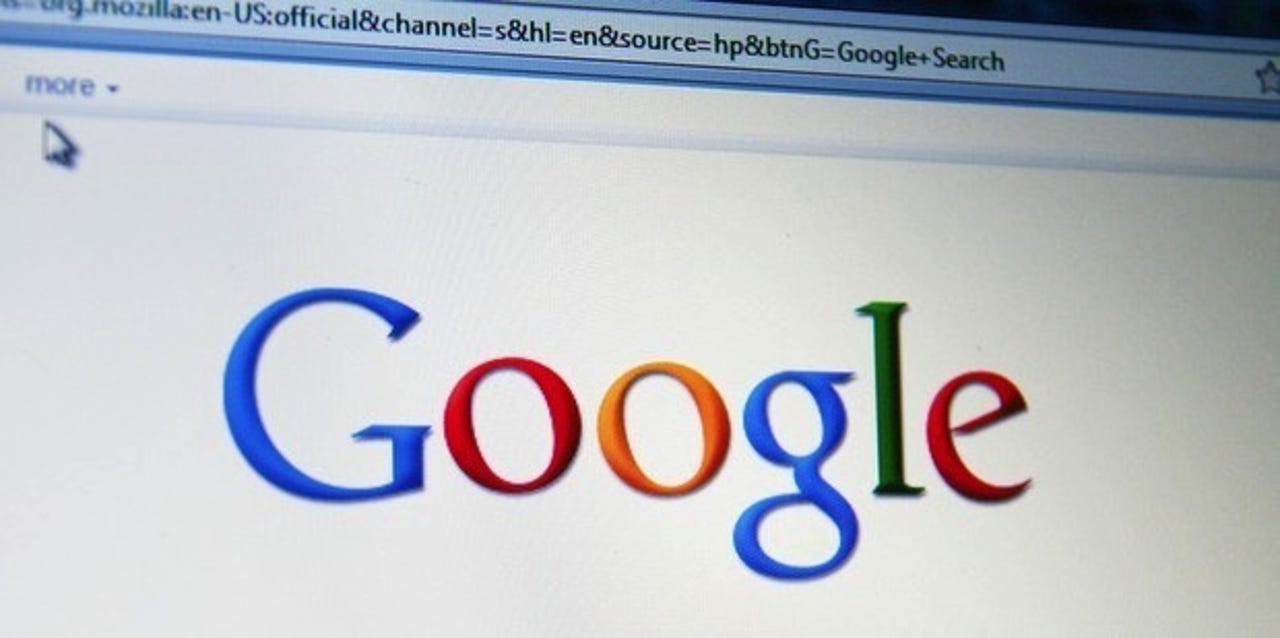Google: We are above UK privacy laws


Google believes that U.K. privacy laws do not apply to the company, and so British consumers that want to take the tech giant to court are facing a losing battle, or should book their tickets to the United States.
A landmark group legal action brought forward by British consumers in the campaign group Safari Users Against Google's Secret Tracking accuses the firm of illegally tracking consumers online. Last year, the Federal Trade Commission (FTC) found that Google circumvented privacy settings in Safari -- Apple's desktop and mobile browser -- and installed cookies in spite of strong security settings.
The FTC charged Google with placing advertising tracking cookies on computers and devices without authorization. The firm was fined $22.5m by authorities in the United States after the FTC's ruling. In response to the campaign group's allegations, the search engine giant says in legal filings that as an American firm, British privacy laws do not apply, and so the matter cannot be brought to a U.K. court.
The FTC said that all companies must "keep their privacy promises to consumers," but Google plans to contest the right of British Safari users to bring a case forward in the country they use Google's services in. The tech giant does not believe the case is of a serious nature, and according to the claimants, said "the browsing habits of internet users are not protected as personal information, even when they potentially concern their physical health or sexuality."
Judith Vidal-Hall, one of the claimants, is "appalled" by Google's apparent attitude, saying:
"Google's position on the law is the same as its position on tax: they will only play or pay on their home turf. What are they suggesting -- that they will force Apple users whose privacy was violated to pay to travel to California to take action when they offer a service in this country on a .co.uk site?
This matches their attitude to consumer privacy. They don't respect it and they don't consider themselves to be answerable to our laws on it."
Another claimant, Marc Bradshaw, believes that Google is simply trying to avoid responsibility for its actions, commenting:
"It seems to us absurd to suggest that consumers can't bring a claim against a company which is operating in the U.K. and is even constructing a $1 billion headquarters in London.
The U.K. regulator, the Information Commissioner's Office, has said to me that all it can do is fine Google if it breaks the law, but Google clearly doesn't think that it is bound by that law. Fines would be useless -- even if Google agreed to pay them -- because Google earns more than the maximum fine in less than two hours. With no restraint Google is free to continue to invade our privacy whether we like it or not."
In a letter to the Commissioner, Bradshaw says that alternative sanctions could include 'plain english' warnings on Google's services pages explaining how data is collected and tracked, the deletion of all illegally merged data and an apology placed on the Google search page.
Bradshaw says:
"Google is one of the largest companies in the world with huge financial resources and access to the most expensive lawyers around the world. Regulators must rise to this challenge and rein in Google. If they fail, every internet user in this country will suffer and the right to online privacy could be lost forever."
Last week, Google said that users of its Gmail service cannot expect digital privacy. When you send an email or store messages in your inbox, according to the tech giant, "a person has no legitimate expectation of privacy in information he voluntarily turns over to third parties." A motion filed by Google in response to a class action lawsuit accusing the firm of breaking wire tap laws when it scans emails for targeting advertising purposes said:
"Just as a sender of a letter to a business colleague cannot be surprised that the recipient's assistant opens the letter, people who use web-based email today cannot be surprised if their communications are processed by the recipient's ECS provider in the course of delivery."
Emails, law and targeted advertising might not be the end of privacy worries in relation to Google's services, as a new patent potentially linked to Google Glass would not just allow pay per click advertising, but emotional responses to stimuli could be passed on to businesses for an additional fee.